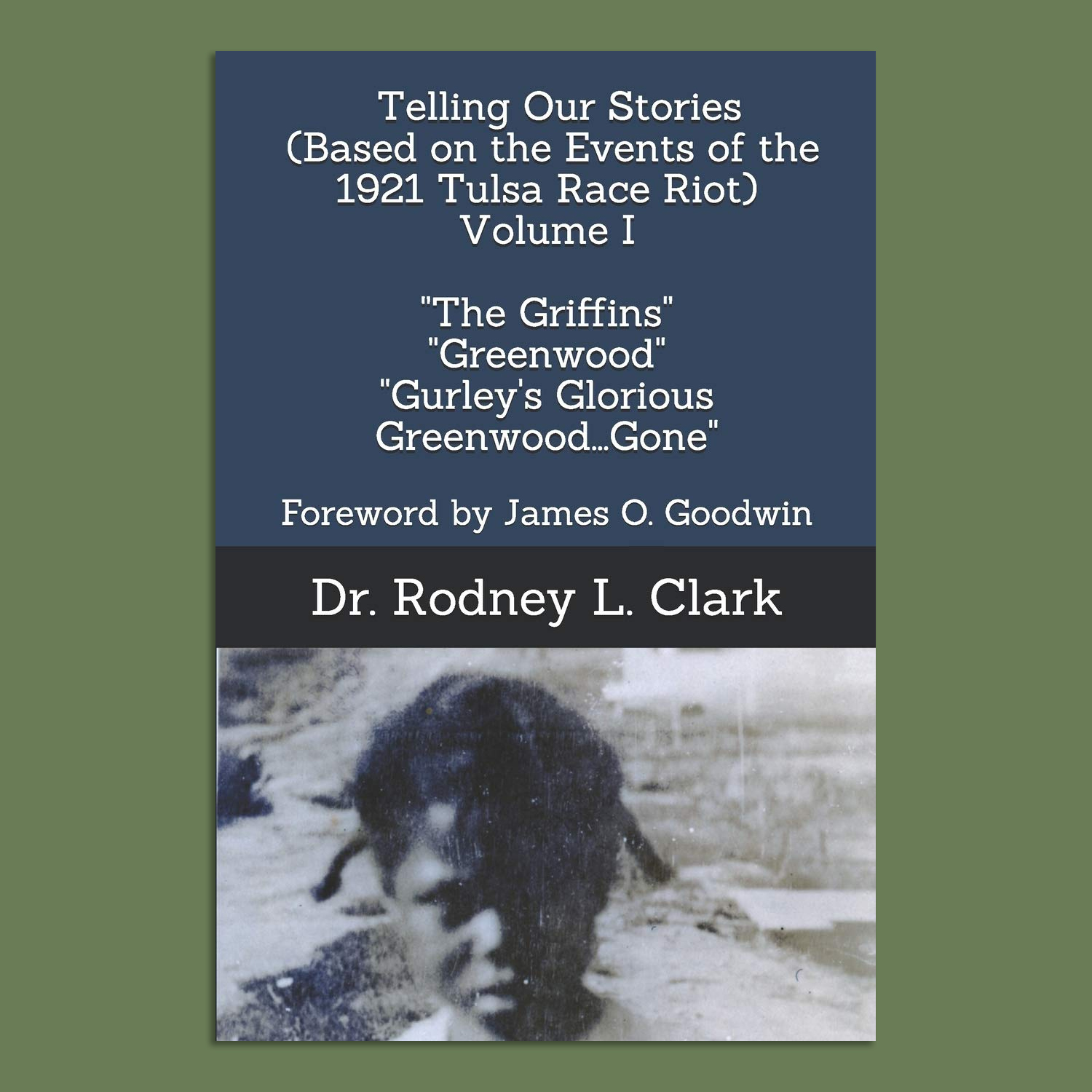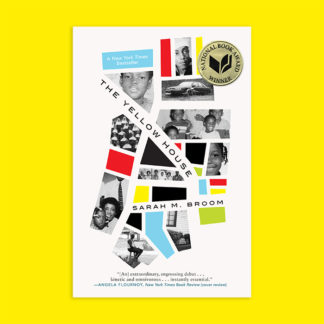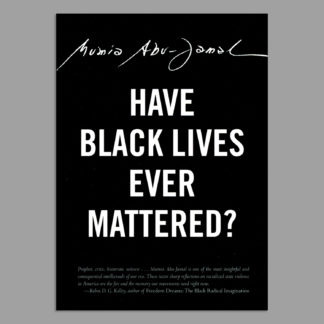Telling Our Stories (Based on the Events of the 1921 Race Riot) Volume I
$15.00
“The Griffins”, “Greenwood” and “Gurley’s Glorious Greenwood…Gone”
by Dr. Rodney L. Clark
In Volume One, Telling Our Stories (Based on the Events of the 1921 Race Riot), three plays entitled “The Griffins”, “Greenwood”, and “Gurley’s Glorious Greenwood…Gone”, dramatize stories inspired by true events from March 28, 1921 until June 15, 1921.
In “The Griffins”, Alex and Mattie Griffin are successful entrepreneurs in the Negro business section on Greenwood Avenue in Tulsa, Oklahoma (Black Wallstreet) in 1921. The planned lynching of a 19-year-old Negro boy (Dick Rowland) for allegedly raping a young white girl (Sarah Page) in an elevator sparks the worst race riot in history. The Griffin family experiences these events (based on true accounts) during the hot summer of 1921. The story is told through a fictional account from the eyes of the Griffin family. Their experiences epitomize the events from a perspective of an African-American family during one of the worst calamities of the United States.
In “Greenwood”, the riot turns into a massacre as black people run for their lives from gunfire and airplanes dropping bombs. Although a few valiant black men fought hard to save the Greenwood community, the enormous number of white men overwhelmed them and killed many black families that included innocent women and children. This story witnesses the true accounts of families fighting for their survival. Characters tell the story of how over thirty-four blocks of a once vibrant community was destroyed and personal belongings of black people were taken by white mobs. The witnesses share their experiences of seeing people killed, loaded on trucks, thrown in the Arkansas river and in buried in mass graves.
In “Gurley’s Glorious Greenwood…Gone”, the resilience of the African-American community is challenged with rebuilding Greenwood despite the road blocks from the white citizens of Tulsa. The different philosophies of Booker T. Washington and W.E.B. Dubois lay the theoretical foundation for an argument that focuses on how the community should move forward. Passiveness wins out as the African-Americans who remain in Tulsa silently rebuild their homes and businesses regardless of the difficult challenges ahead.
Paperback | 233 pages | Self Published | 2020
In stock




